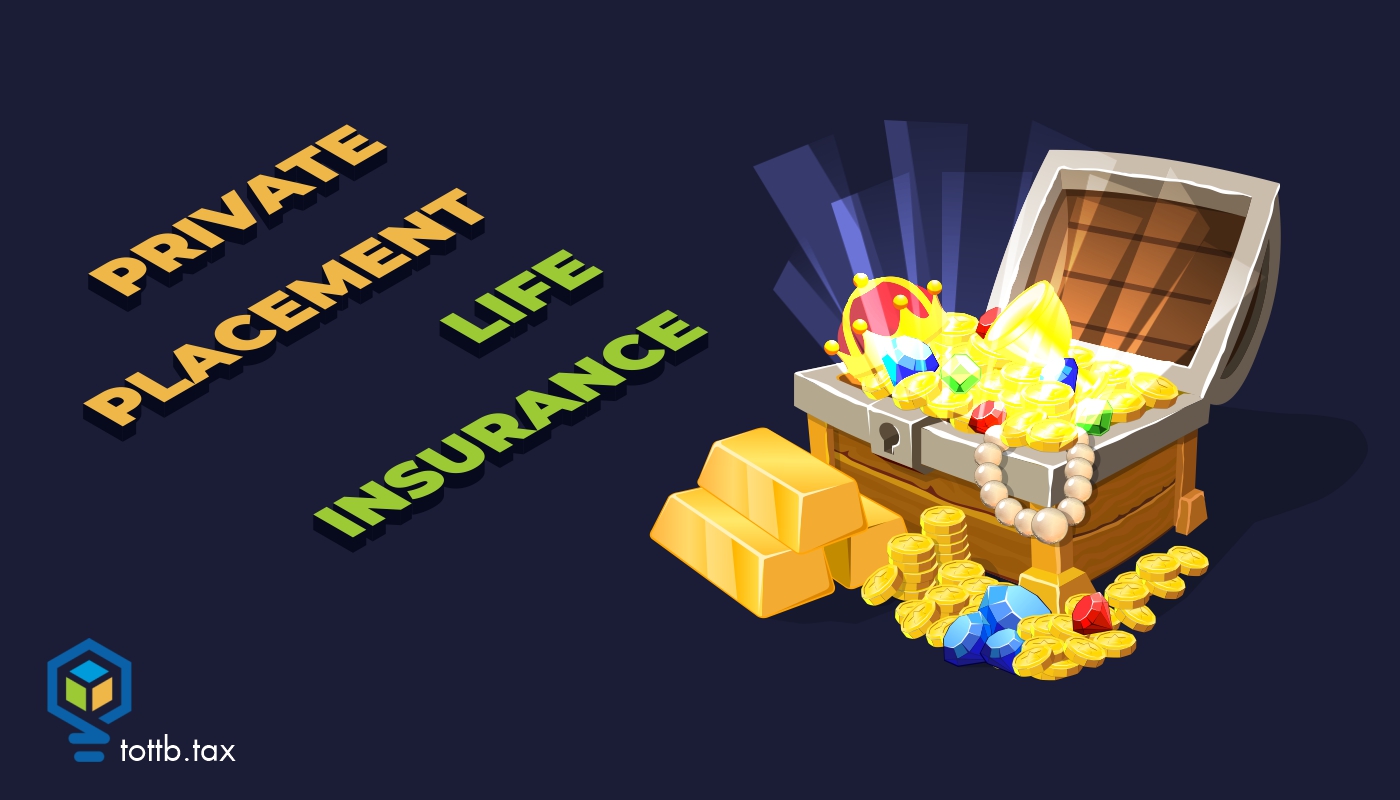CURRENT EDITION

This Is The Only Other Year-End Tax Tip Guide You Need
So as I did last year, I have reviewed a multitude of year-end tax tips articles. One of them is a real standout that you should be sure to check out. If you missed it, you should definitely roll back to the November 15 edition and go over Dominique Molina’s piece, which focuses on what you need to do sooner rather than later in response to OBBBA. It provides more detailed, relevant, actionable advice that you won’t see anywhere else than any of the multitude of pieces I have reviewed. As for the rest, I will give you a basic rundown of what I call the SOSO (same old, same old) and a few suggestions that stand out as different that I will get into a little more along with some thoughts of my own.
READ MOREHow to Fight Tax-Related ID Theft
Every tax season brings out the crooks and scammers trying to steal money and sensitive information using tax-related schemes, and even though we’re still a few months out from the beginning of filing season, it’s important to always be aware of threats out there and how you can combat them. Tax authorities like the IRS have countered these scams with electronic defenses that offer protection for both clients and tax preparers. Here’s a look at a few.
Read MoreTAX COURT ROUNDUP – September 2024
Much happening, even in August. This has hardly been a lazy hazy summer.
Read MoreThe Hidden Benefits of Private Placement Life Insurance (PPLI) for High-Net-Worth Families
For wealthy families, the world of finance can feel like a high-stakes chess game. With increasing state and federal income tax rates, new tax laws on the horizon, and the complexities of private investments like hedge funds, finding ways to grow and transfer wealth efficiently is more important than ever. Enter life insurance—a tool not just for its traditional role of providing death benefits but as a strategic ally in tax-efficient wealth management. In particular, Private Placement Life Insurance (PPLI) offers unique advantages that make it a worthy consideration for those with sophisticated financial needs and significant liquidity.
Read MoreThe Cryptocurrency Basis Day of Reckoning is Upon Us
Late on a Friday afternoon at the end of June 2024, the IRS dropped nearly 400 pages of new Digital Asset (née Cryptocurrency) Guidance. Most of it related to the forthcoming form 1099-DA. Along with the massive tome of terrible bedside reading, the service also published two new Notices and a Revenue Procedure. The Notices were about boring stuff, like temporary penalty abatement for backup withholding on digital asset transactions. This Revenue Procedure, however, will impact nearly every taxpayer that owned crypto prior to January 1, 2025. This procedure, RP 2024-28, has gone largely unnoticed thus far. On the surface, it seems like a godsend to taxpayers. Below the surface though, it is a ticking time bomb.
Read MoreReflecting On Syndicated Conservation Easements
In late June, IRS announced it would be mailing out a time-limited settlement offer that would allow taxpayers who are haunted by an investment in a syndicated conservation easement to settle. As I write this, the terms of the settlement have leaked. They strike me as overly generous. It does seem that the syndicated easement campaign of the IRS is coming to a close.
Read MoreDo Clients Owe Income Tax in Different States?
No client’s ever happy about having to pay state income tax in addition to federal, but at least in the past that chore was straightforward: Make money in a state, probably the one where you live and work, and you owe tax on what you made if that state has an income tax. Enter the computer and the fax machine, later the modem, email and Zoom. Then enter the pandemic and widespread remote work from home that’s largely lingered after Covid faded. Cap it off with the new maneuver of moving from a high-tax state to a low-tax one but not completely severing all former work and life connections. It is any surprise, really, that states would try to squeeze tax revenue out of that using regulations still unchanged from the past? And for punishing what that state suddenly thinks are tax cheats? Do you have a client a state might be interested in? How many states? And how do you actually know?
Read More2024 Endless Summer Education BONUS Series Calendar
Our 2024 SUMMER EDUCATION SERIES was such a big hit that we've decided to bring you two BONUS webinars! Every webinar comes with free continuing education credits for those who qualify! Keep reading for more details...
Read MoreTax Principles Analysis of the Celsius Bankruptcy
In Matt Metras’ excellent article on tax reporting for clients who receive settlements from the Celsius bankruptcy, he says “It’s unclear if this section could apply to digital asset bankruptcies for a variety of reasons outside the scope of this article.” Matt provides an example of the IRS’ preferred method of accounting for settlement proceeds as published on the Taxpayer Advocate’s website. Matt also notes that the TAS tax tip lacks any citations to substantial authority. It may or may not be taxpayer friendly. The articles published by many cryptocurrency exchanges are also citation free and, after a cursory review, seem geared in a larger sense toward helping exchange users account for the settlement accurately on the exchange itself. In this article, I would like to look at the forest of tax law principles that the Celsius bankruptcy settlement puts into play rather than any specific tax reporting tree. Welcome to the jungle.
Read MoreNOT A MEMBER YET?

SUBSCRIBE TO GET ALL OF OUR
GREAT ARTICLES AND RESOURCES!
CURRENT EDITION

This Is The Only Other Year-End Tax Tip Guide You Need
So as I did last year, I have reviewed a multitude of year-end tax tips articles. One of them is a real standout that you should be sure to check out. If you missed it, you should definitely roll back to the November 15 edition and go over Dominique Molina’s piece, which focuses on what you need to do sooner rather than later in response to OBBBA. It provides more detailed, relevant, actionable advice that you won’t see anywhere else than any of the multitude of pieces I have reviewed. As for the rest, I will give you a basic rundown of what I call the SOSO (same old, same old) and a few suggestions that stand out as different that I will get into a little more along with some thoughts of my own.

The Corporate Vault: How to Use a C Corporation to Stockpile Cash for the Future
When most people think about saving for the future, their minds jump to retirement accounts—401(k)s, IRAs, maybe even defined benefit plans. But business owners have another option that often goes overlooked: using a C corporation as a strategic savings vehicle. By leveraging the flat 21% corporate tax rate, smart income shifting, and careful timing of distributions, business owners can “stockpile” cash inside a corporation, building wealth for future use without the red tape of traditional retirement plans. Want to see how top tax strategists legally use C corporations as private retirement vaults while avoiding double taxation and IRS scrutiny? Continue reading to learn the blueprint.

When TikTok Tax Hacks Backfire: Helping Clients Misled by Social Media Scams
Jessica, a self-employed consultant, was thrilled when she found a viral TikTok video promising a “little-known” tax trick. The video claimed she could get a huge refund by claiming a special Fuel Tax Credit and even writing off her family’s beach vacation as a business expense. Following the advice, Jessica filed an amended tax return and waited eagerly for a windfall. A few months later, instead of a refund check, Jessica received a stern IRS notice. Her so-called credits were disallowed, her refund was denied, and she now faced penalties. Jessica isn’t alone. Every tax season, well-intentioned taxpayers get lured by false tax advice on social media, only to end up in trouble. As tax professionals, we often meet panicked clients like Jessica who need our help to untangle the mess.









